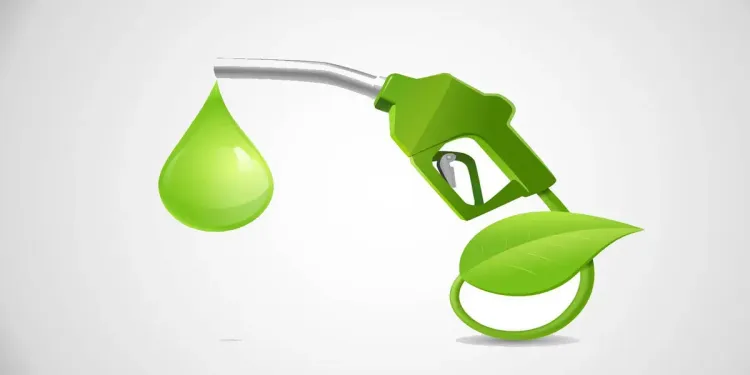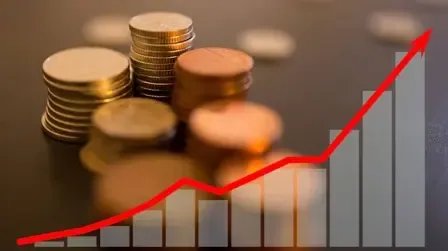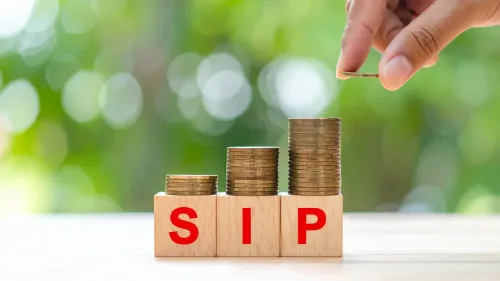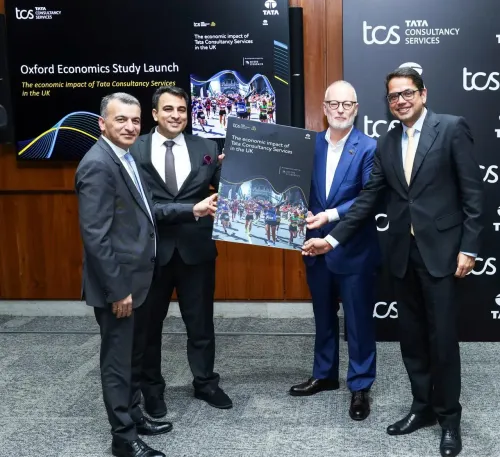Ethanol-Petrol Blending Program Benefits Farmers with Rs 57,552 Crore Earnings in 3 Years: Government

New Delhi, Dec 2 (NationPress) The Ethanol-Blended Petrol (EBP) initiative has significantly contributed to the prompt disbursement of around Rs 57,552 crore to farmers and enabled savings exceeding Rs 75,000 crore in foreign exchange during the last three years, according to information presented in Parliament on Monday.
As part of the EBP initiative, public sector oil marketing companies (OMCs) are engaged in the sale of petrol blended with ethanol.
Minister of State for Petroleum and Natural Gas, Suresh Gopi, revealed to the Rajya Sabha that the EBP initiative has led to a substitution of crude oil amounting to nearly 110 lakh metric tonnes and a reduction in net CO2 emissions of about 332 lakh metric tonnes over the past three years (as of September 30, 2024).
The blending of ethanol with petrol under this program escalated from 188.6 crore litres in the ethanol supply year (ESY) 2018-19 to more than 700 crore litres by ESY 2023-24, with the blending percentage rising from 5 percent in ESY 2018-19 to approximately 14.6 percent in ESY 2023-24.
Since 2019, the number of retail outlets offering ethanol-blended petrol has seen a steady increase. In 2019, such petrol was available at 43,168 retail outlets operated by Public Sector OMCs, which expanded to all retail outlets nationwide by 2024, according to the minister.
To foster the integration of ethanol into petrol, the government has implemented various measures, including the expansion of feedstock for ethanol production, a regulated pricing mechanism for the procurement of cane-based ethanol under the EBP Program, Ethanol Interest Subvention Schemes (EISS) for the production of ethanol from molasses and grains, and Long-Term Offtake Agreements (LTOAs) between OMCs and Dedicated Ethanol Plants (DEPs).
Since 2014, the ethanol blending percentage has risen from 1.53 percent to nearly 15 percent in 2024, with the government advancing its target of achieving 20 percent blending to 2025, five years ahead of the original timeline.









